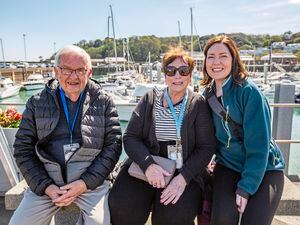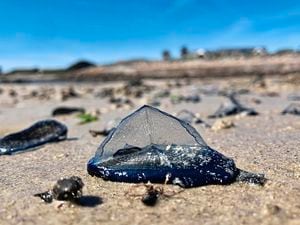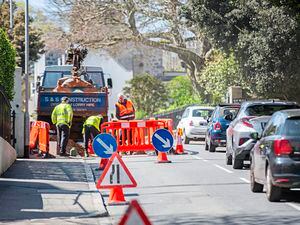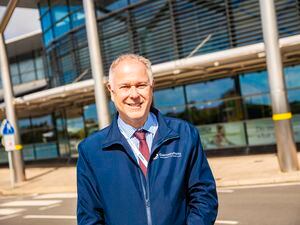Antibody testing ‘will not arrive here for some time’
THE Director of Public Health has said that antibody testing will not arrive for some time due to questions surrounding reliability.
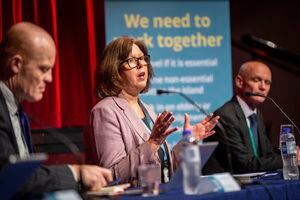
Dr Nicola Brink had previously said the tests could be used to find out how many had recovered from the infection and allow an assessment of potential immunity within the community.
The tests become more accurate as the infection progresses but in the early stages it is not reliable, Dr Brink said.
‘There are concerns about the quality of some of these tests,’ she said.
‘For example, if you take an antibody test on day 5 of having symptoms it seems about only 20% of those antibody tests are going to be positive, going up to about 50% by day fourteen, and going up to 80% by day forty.’
‘With regard to antibody testing we need to make sure that any assay that we use is of high quality and gives us reproducible and reliable results, so we’re looking at those.’
Dr Brink still expected to introduce the tests at some point but the timeline was uncertain.
‘I would expect antibody testing to lag behind our direct virus testing, which is what we’re doing on the throat swabs, to then give us some idea of population-based immunity,’ she said.
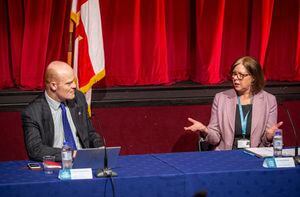
‘I haven’t seen reliable antibody tests be used to diagnose acute infections and, as I said, 20% positivity when our throat swab assay is probably close to 90% accurate.’
Guernsey has the capability to test for some time but there is a shortage of items essential to the process that could be challenging to Guernsey, she said.
‘There is a shortage of reagents worldwide.
‘There is also a shortage of the swabs worldwide.
‘We’re addressing both of those and at the moment we’ve got reagents to test, but obviously that remains a continued challenge for us to access the reagents required.’
Dr Brink said that, to the best of her knowledge, the island did not have the facilities to produce these essential items itself.


